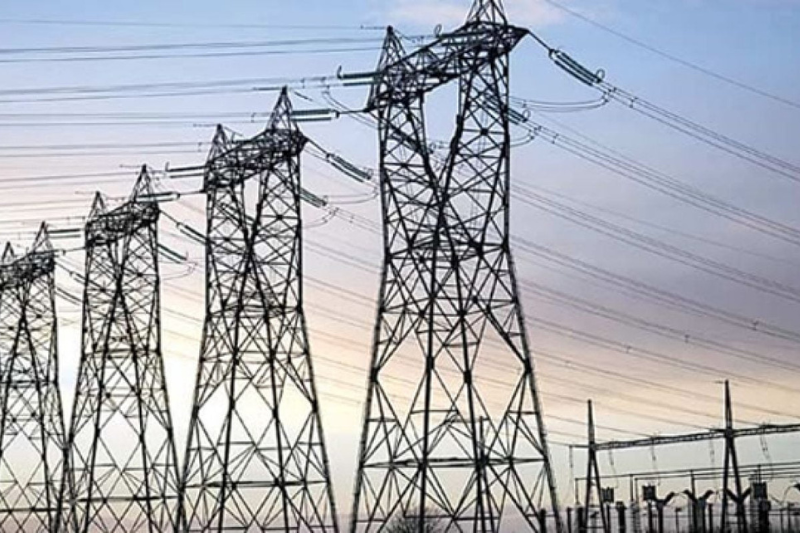Last updated on August 4th, 2023 at 04:40 pm
Nigeria has cut off its energy supply to Niger, according to information that AFP obtained on Wednesday from a source close to the management of the Nigerien Energy Company (Nigelec). This action is in accordance with the sanctions decided upon by the West African neighbours of Niger after it was destabilised by a coup.
According to the source, Nigeria has cut off the high-voltage line that supplies Niger with electricity as of the previous day (Tuesday). For his part, a Nigelec representative noted that the country’s capital, Niamey, was “supplied thanks to local production.”
The Economic Community of West African States (ECOWAS), which was led on Sunday by Nigerian President Bola Tinubu, is punishing putschists. These putschists were responsible for the overthrow of President-elect Mohamed Bazoum a week ago. In addition to issuing a one-week ultimatum to restore constitutional order and suspending financial dealings with Niger, the Economic Community of West African States (ECOWAS) enacted a directive that froze “all service transactions, including energy transactions.”
Keep reading
In 2022, 70% of Niger’s share of power came from purchases made from the Nigerian company Mainstream, according to a study by Nigelec, the nation’s sole supplier. This information was derived from the country’s electricity consumption. The Kainji Dam in western Nigeria is responsible for the generation of electricity. For a large number of areas within the city of Niamey, Nigeria’s decision will make an already difficult situation much worse.
The construction of Niger‘s first dam, which will be built on the river of the same name and should be finished by 2025, is the country’s primary effort to wean itself off of its heavy reliance on Nigeria, its neighbour. The Kandadji dam is located around 180 kilometres upstream from Niamey, and it is expected to generate 629 gigawatt hours (GWh) annually.
Niger, one of the poorest countries in the world, is dependent on its foreign partners in a variety of domains due to the country’s economic situation. As the number of foreign sanctions continues to rise, the Prime Minister of Nigeria, Ouhoumoudou Mahamadou, stated on France 24 on Sunday that the sanctions will have a “very negative impact” on the country.

